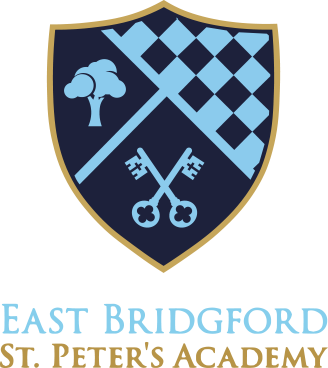EYFS Information
🌟 EYFS Framework: A Guide for Parents
The Early Years Foundation Stage (EYFS) is a framework used in England to support the learning, development, and care of children from birth to 5 years old. It sets the standards for all nurseries, childminders, and reception classes in schools.
🎯 What is the EYFS for?
-
To help your child learn and develop in a safe and healthy environment.
-
To make sure all children have the same opportunities to grow, learn, and succeed.
-
To give parents confidence that their child is being well cared for and supported.
🧠 What Will My Child Learn?
The EYFS is divided into 7 key areas of learning:
1. Prime Areas (Most important for young children)
-
Communication and Language
-
Listening, speaking, and understanding.
-
-
Physical Development
-
Gross and fine motor skills (like running and holding a pencil).
-
-
Personal, Social and Emotional Development
-
Building relationships, managing emotions, developing confidence.
-
2. Specific Areas (Develop as children grow)
-
Literacy
-
Reading and writing skills.
-
-
Mathematics
-
Understanding numbers, shapes, space, and measures.
-
-
Understanding the World
-
Exploring nature, technology, people, and communities.
-
-
Expressive Arts and Design
-
Music, art, dance, role-play, and creativity.
-
🧒 How Is My Child’s Learning Tracked?
-
Staff observe your child during play and activities.
-
Staff will note key areas of progression and areas for development.
-
At the end of Reception (age 5), there's an EYFS profile report summarising your child’s development.
🏡 How Can I Support My Child at Home?
-
Talk and listen to your child regularly.
-
Read stories and sing songs together.
-
Give them time to play, explore, and ask questions.
-
Encourage independence (e.g., dressing, tidying up).
-
Stay in touch with their key person or teacher to share ideas.
